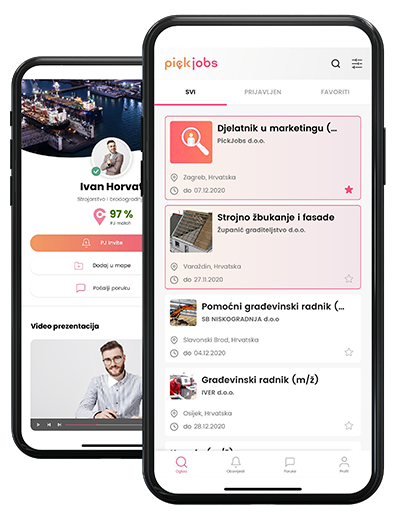Artificial Intelligence (AI) is rapidly transforming the financial world, bringing changes that were unimaginable just a decade ago. This technology is no longer just a futuristic concept – it is now a reality that permeates every corner of the financial sector, connecting global stock markets and everyday transactions of ordinary people. Banks, investors, and individuals, increasingly sensitive to change, are turning to AI as their main ally in facing the challenges of the modern age. But how exactly is AI changing the rules of the game? What does this wave of innovation mean for how we make financial decisions, manage assets, and plan for the future?
- Market Analysis: Faster, Smarter, More Accurate
Traditional financial market analysis has always required hours of work from analysts and vast amounts of data. AI has changed this. Machine learning algorithms now process millions of data points per second – from stock prices to news on social media – predicting trends with incredible precision.
- Example: Companies like BlackRock use AI to analyze global markets, helping them make faster investment decisions. In 2024, some AI systems reportedly identified signals indicating a potential drop in oil prices several days before human analysts did, potentially saving investors significant amounts of money.
This capability not only saves time but also reduces the risk of human error, making financial strategies more reliable.
- Automated Trading: Letting Your Money Work for You
AI has revolutionized stock market trading. Robo-advisors and high-frequency trading (HFT) algorithms have taken over the roles previously performed by brokers. These systems buy and sell stocks in fractions of a second, exploiting small price movements.
- What does this look like? Platforms like Robinhood or Wealthfront use AI to manage small investors' portfolios, tailoring them to their goals and risk tolerance. In Croatia, for example, AI tools are beginning to enter the offerings of banks like PBZ, offering automated investment plans.
The advantage? Speed and Accessibility. AI allows even beginners to invest like professionals, without the need for expensive advisors.
- Risk Management: Safety First
In the world of finance, risk is a constant threat. AI helps predict and mitigate it. Smart systems analyze historical data, credit risks, and client behavior to identify potential issues before they arise.
- Practical Example: Banks like JPMorgan Chase use AI to detect fraud in real-time, analyzing transactions and spotting unusual patterns. In 2025, AI is expected to reduce financial losses from fraud by 20% compared to 2023.
Additionally, AI helps insurance companies assess risks for policies, making prices more accurate and fairer.
- Personalization of Financial Services
AI is also revolutionizing everyday finances. Apps like Revolut or Mint use AI to track spending, suggest savings, and create personalized budgets for users.
- What does this mean for you? If you regularly buy coffee, AI can analyze your habits and predict your monthly expenses, then offer suggestions for savings. In Croatia, several new fintech solutions are starting to offer similar services, helping users better track and manage their finances.
This personalization makes finances more accessible and understandable, especially for younger generations.
- Challenges: Privacy and Ethics
While AI brings advantages, there are also risks. Data privacy is a crucial issue – banks and companies must ensure sensitive information remains protected. Moreover, over-reliance on AI could lead to job losses in the financial sector.
- Ethical dilemmas: Who is responsible if AI misjudges a risk and an investor loses money? In the EU, including Croatia, regulations like GDPR are attempting to address these situations, but questions remain.
The Future of Finance with AI
Looking ahead, AI will continue to reshape finance. Blockchain and AI could merge for more secure transactions, while predictive analytics could forecast economic crises months in advance. In Croatia, where banking digitization is growing, AI could become the standard by 2030.

 Croatia
Croatia Bosnia and Herzegovina
Bosnia and Herzegovina Serbia
Serbia Crna Gora
Crna Gora North Macedonia
North Macedonia Ukraine
Ukraine Albania
Albania Kosovo
Kosovo Austria
Austria Deutschland
Deutschland Switzerland
Switzerland









